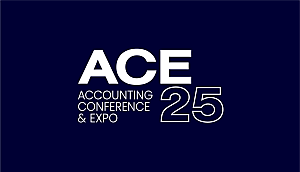The ATO has ramped up the enforcement of its right to garnishee debts in an attempt to reduce growing tax liabilities, debtor finance provider FactorOne has warned SMEs.
20 June 2025
ACE25 Accounting Conference & Expo
Last year, Accountants Daily’s flagship forum attracted over 400 senior accounting professionals for a day of...
KNOW MORE
 Login
Login





